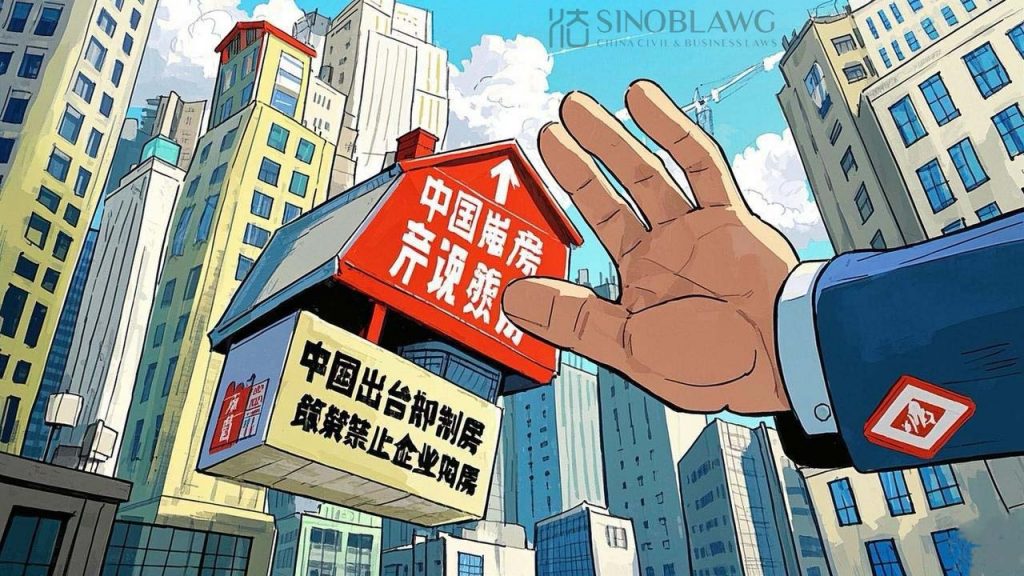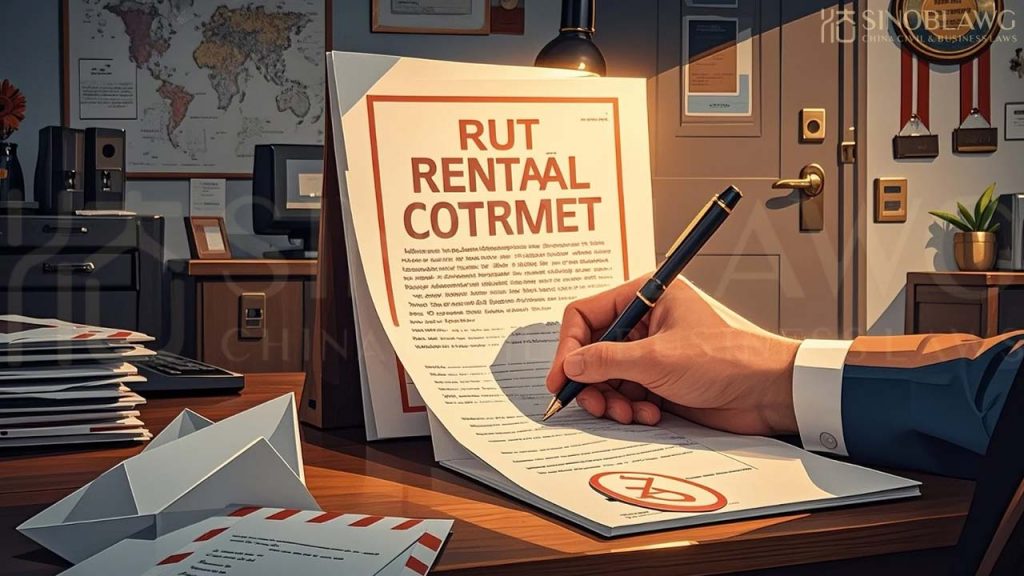With the view to standing in line with central government with respect to stabilizing property market, Shanghai government unveiled its rules in implementing the order issued by China cabinet on Feb 26 this year.
The main points of the Shanghai Rules are as follows:
(1) Shanghai focuses much on the banking credit policies. It asks its subordinate departments and district governments to strengthen the examination and approval for credit extended to people such as non-local buyers, FOREIGNERs, divorced individuals and minor-aged buyers.
Moreover, for the first time, Shanghai clearly prohibits banks from extending bank credits to buyers who buy their third or fourth (and so on) property in Shanghai. This policy if strictly enforced could have the ability to put down the inflated demand in the market, which will then pull down the trend of the price hike in the property market.
However, it shall be noted that this prohibition is directed against credit supply only, and it does not mean people cannot buy their third or fourth property. In other words, if buyers don’t use bank loans, they are still entitled to buy as many properties as they wish.
(2) Shanghai has also lessened the severity of central government’s requirement of 20% individual income tax rate which is required to be applied to sale of residential properties by providing that 20% income tax rate shall be applied if and to the extent that the initial value of the properties can be ascertained. In other words, if the initial value (generally referring to the original purchasing price) cannot be ascertained, 20% tax rate will not apply. The point is whether the tax authority will make efforts to find out the initial value. Very likely, they won’t do anything to verify. They will just ask the seller to report the initial value and if the seller says that he does not have records, it may be regarded as “not ascertainable”.
Recent updates show that Shanghai district governments have not imposed the 20% tax rate.
(3) Section 3 of this Shanghai Rule makes one step further in stipulating specific zoning clauses in the land grant contract. This section reads that the zoning and land department shall in consultation with other relevant departments draw up requirements such as number of units, size of each unit, facilities, construction period (starting and ending times), which requirements shall be written into the land grand contract.
This plausibly serves a good purpose in ensuring the developers will develop and construct apartments meeting criteria laid out by governments which are catered to ordinary people. However, if strictly enforced, this will be a blunt interference to business operation of private enterprises and accordingly will breed more corruption in the real estate development field.
Apparently, Shanghai’s rules have pretty much clearly manifested Shanghai government’s reluctance in cooling the property market.








Comments